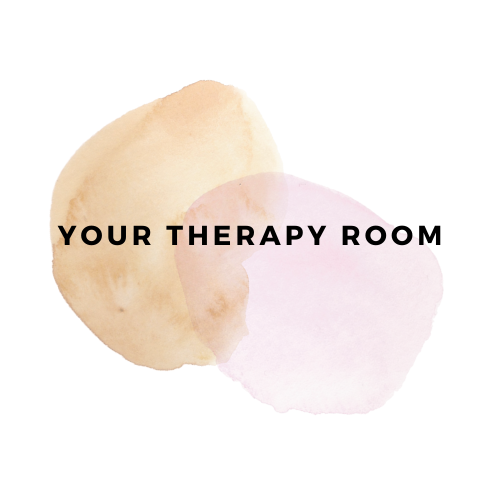Alexander White-Huggins MBACP (Accred)
Integrative Therapist
No two relationships are the same and this is reflected in my integrative relational therapeutic approach. My work centres the therapeutic relationship and is underpinned by the concept that “relationship is the first condition of being human” (Petruska Clarkson); whether it's with ourselves, with others, or the world we live in, we are always in some form of relationship - some of which can harm, while others can heal. I recognise that each of us is unique and consider each person not in isolation but within the context of their distinct lived experience.
The foundation of my work lies in understanding the impact of relationships and experiences in your life and using the therapeutic relationship as a means to heal and collaboratively explore what difficulties (past, present or both) you may be struggling with.
Theoretical summary of how I work
I work with Petruska Clarkson’s Five Relationship Model, which recognises that the therapeutic relationship itself can be a powerful agent for healing and change. This approach draws on a range of psychological theories and helps us understand how different aspects of the therapist-client relationship can mirror, challenge, or repair past relational experiences.
The Working Alliance (rooted in psychoanalytic and cognitive-behavioural traditions)
This is the practical, goal-oriented part of our relationship—where we work together collaboratively on agreed therapeutic tasks. It’s based on mutual respect, trust, and shared purpose.The Transference/Countertransference Relationship (from psychoanalytic theory)
Past relationships often shape how we relate to others in the present. In therapy, these patterns may emerge between us. Exploring them can reveal unconscious dynamics and lead to deep insight and transformation.The Reparative or Developmentally Needed Relationship (influenced by humanistic and attachment theory)
Sometimes therapy can offer a healing experience where unmet emotional needs are acknowledged. This aspect of our work gently supports the inner parts of you that may not have received care, empathy, or validation in earlier life.The Person-to-Person Relationship (from existential and humanistic approaches)
At the heart of therapy is a genuine, human connection—two people meeting authentically. This real, relational depth offers a sense of being seen, heard, and valued as you are.The Transpersonal Relationship (drawing from transpersonal psychology and spiritual traditions)
This reflects the deeper, sometimes spiritual or symbolic elements of therapy—moments that connect us to meaning, purpose, or a sense of something greater than ourselves. These experiences can bring profound insight and transformation.
Together, these five relational dimensions create a rich, integrative framework for therapy—helping us understand not only what you’re struggling with, but also how our therapeutic relationship can support healing and growth on many levels.
Qualifications and Continued Professional Development
MSc in Therapeutic Counselling
Certificate in Online and Telephone Counselling
Foundation Certificate in Psychology
BA (HONS) English Literature with Creative Writing
Level 2 Safeguarding Adults and Children
Relational Depth in Counselling and Psychotherapy (CPD)
A Matter of Life and Death (CPD)
Post-traumatic Strength: Changing the Lens when Working with Trauma (CPD)
Privilege and Otherness: Developing a Language for Practitioners (CPD)
Lacan and Race: Racism, Identity and Psychoanalytic Theory (CPD)
Psychoanalysis, (Trans)gender, and Sexuality (CPD)
Working with Suicidal Ideation in LGBTQ Clients (CPD)
In addition to my formal training and qualifications I also undertake continued professional development (CPD).
I am a Practitioner member of BAATN (The Black, African and Asian Therapy Network) and an accredited member of BACP (British Association for Counselling and Psychotherapy), whose Ethical Framework I work in accordance with.


